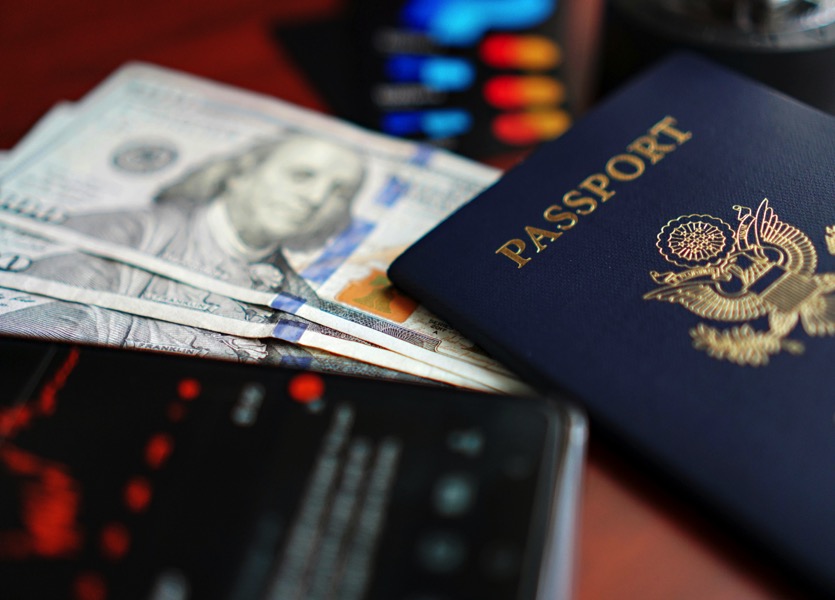
A “tax haven” is a country or territory that offers low—or even zero—tax rates, streamlined administration, and a stable business environment. It isn’t a shortcut to “not paying tax,” but a planning tool. Used correctly and legally, it can deliver predictability, cost efficiencies, and easier access to international markets. We keep this topic factual and balanced—no scaremongering, no hype.
How Tax Havens Work and When They Make Sense
What they typically offer: lower or zero taxes, regulatory stability, faster bureaucracy, and high-quality professional infrastructure (banking, legal, accounting). While secrecy used to be part of the story, reputable jurisdictions now require beneficial-owner registers and evidence of real activity/substance (people, operating costs, office presence, and decision-making). The goal is clear: support real business, not “paper” companies.
Optimisation vs. Tax Evasion
- Tax optimisation is the legal structuring of your business so you pay only what the law requires. It is grounded in treaties, accounting, and documentation.
- Tax evasion is hiding income, issuing sham invoices, or pretending to carry out activities that don’t exist.
Where the line is: it’s legal to move certain functions to another country if you genuinely do business there. It’s illegal to claim you operate elsewhere when the business actually happens at home. Intra-group transactions must follow transfer pricing rules—i.e., demonstrate arm’s-length pricing as if between independent parties.
Overview of Well-Known Tax Havens
Traditional Tax Havens
The Bahamas, Cayman Islands, Monaco, Liechtenstein—historically very low taxes and simple structures.
Trade-offs: lower credibility with banks and corporates, more frequent source-of-funds checks, higher blacklist risk, and therefore tougher access to some partners. For growth-oriented companies focused on reputation, these may not be the best long-term option.
Modern Alternatives — Dubai
Why Dubai (United Arab Emirates) stands out: no personal income tax, Free Zones with 0% taxation on eligible Qualifying Income, a modern ecosystem, world-class infrastructure, and a strong international reputation. Since 2023, the UAE applies Corporate Tax and robust transfer-pricing documentation requirements. The result? Less room for “empty” structures—and more certainty for serious business. Dubai remains attractive, but it does require real activity and substance.
Is Setting Up a Company in Dubai Right for Everyone?
Focus on your business model rather than any single industry. Dubai tends to make sense if most of the following apply:
- Revenue geography: a meaningful share of turnover comes from outside your local market, and clients accept invoicing from the UAE.
- Digital or scalable model: online sales, international projects, or IP-driven businesses (software, licensing, SaaS).
- Real presence is feasible: you can establish substance—a core team, operating costs, and a registered office (a flexi-desk can work if it fits the activity).
- Time horizon: you plan for at least 2–3 years and are ready to invest in processes and compliance.
- Risk profile: you need a stable, reputation-friendly environment (banks, partners, investors).
Baseline Requirements & Typical Costs (indicative, USD)
- Company formation (Free Zone / Mainland company) — from $7,500/year
- Residence visa (1 person) — around $3,000
- Bank account setup — around $2,200
- Accounting, VAT and Corporate Tax registrations — from $4,400/year
- Audit and any Transfer Pricing documentation for intra-group transactions — from $2,200/year
Plan for setup + annual renewal + ongoing compliance. The exact budget depends on the chosen Free Zone, licence, and scope of activities.
What to Consider Before You Decide
- The right company type (Free Zone vs. Mainland) and business activity—licences.
- Whether owners/directors need residence visas.
- Tax residency and double-taxation treaty implications.
- Practical setup of contracts, invoicing flows, and transfer pricing.
How It Works in Practice—Three Pillars of a Defensible Structure
- Substance: real people, assets, and operating costs where the company is based.
- Documentation: contracts, accounting, and arm’s-length pricing for related-party deals.
- Continuity: ongoing filings, registrations, and audits—on time, every time.
How to Start—Simple and Compliant with the Right Partner
At INCORPORTAS, we help you structure the business with minimal red tape and a clear focus on legality.
- Suitability assessment: side-by-side comparison of your current setup vs. the UAE.
- Choosing the right path: Free Zone vs. Mainland company and the licences you need; we explain the differences and recommend the optimal route.
- End-to-end setup: incorporation, registrations (VAT, Corporate Tax), support with residence visas, and opening bank accounts.
- Accounting & compliance: Economic Substance (ESR), transfer pricing, internal policies.
- Trusted local partners and a clear, time-boxed roadmap.
Considering Dubai? Get in touch—we’ll advise you and prepare a tailored plan.




